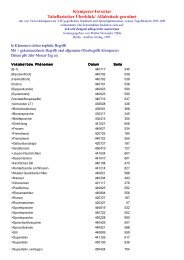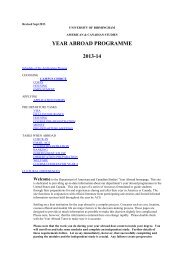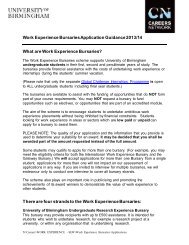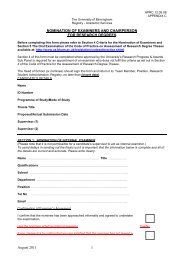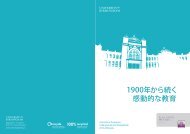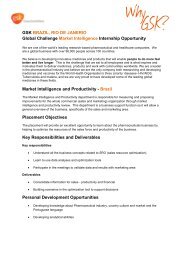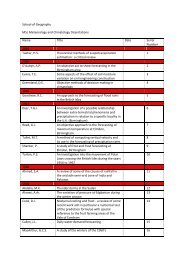APRC 120202 appendix 2 (PDF - 958KB) - University of Birmingham
APRC 120202 appendix 2 (PDF - 958KB) - University of Birmingham
APRC 120202 appendix 2 (PDF - 958KB) - University of Birmingham
- No tags were found...
You also want an ePaper? Increase the reach of your titles
YUMPU automatically turns print PDFs into web optimized ePapers that Google loves.
Placement learning is the learning achieved during an agreed and negotiated period <strong>of</strong>learning that takes place outside the institution at which the full or part-time student isenrolled or engaged in learning. As with work-based learning, the learning outcomes are anintended as integral parts <strong>of</strong> a programme <strong>of</strong> study1.7 Accordingly, this Code <strong>of</strong> Practice covers placement learning within the following broadprogramme categories:.1 Study abroad: i.e. programmes which include a year abroad either in place <strong>of</strong> or in additionto a year that would normally be spent at <strong>Birmingham</strong>. This category incorporatesinternational exchange and Erasmus exchange..2 Industrial Placement/Work Abroad (including work based learning and pr<strong>of</strong>essionalexperience), i.e. programmes which incorporate a year in industry in the UK or abroad eitherin place <strong>of</strong> or in addition to a year that would normally be spent at <strong>Birmingham</strong>..3 Intercalated years (optional and mandatory), i.e. programmes onto which students areenrolled whilst still also enrolled on their primary programme <strong>of</strong> study. Students enrolled onan intercalated programme suspend their registration on their primary programme <strong>of</strong> study.Any credit achieved on an intercalated year does not count towards the overall mark for theoriginal programme <strong>of</strong> study, but may result in a separate qualification), or a suffix to the title<strong>of</strong> the original programme <strong>of</strong> study (i.e. BSc Physics with Year in Computer Science)..4 Pr<strong>of</strong>essional and clinical experience placements (UK or international), i.e. programmes whichinclude industrial, clinical or pr<strong>of</strong>essional placements as part <strong>of</strong> their programmerequirements leading to pr<strong>of</strong>essional qualifications (for example, MBChB, BNurs, InitialTeacher Training, BA & MA Social Work).2 Placement Learning: Approval2.1 The <strong>University</strong>, through the Programme Approval Review Committee, is responsible forapproving new placement learning opportunities.2.2 Schools should set out proposals as follows:(a)(b)(c)In the case <strong>of</strong> an entirely new programme <strong>of</strong> study with a placement year, Schoolsare required to complete the new programme proposal process, which includes thesubmission <strong>of</strong> a plan to develop a new programme form, followed by a programmeproposal and specification. The “Proposal to add a new placement” form must alsobe completed.In the case <strong>of</strong> the addition <strong>of</strong> a placement year to an existing programme <strong>of</strong> study (aseither an optional or mandatory year), Schools are required to complete only the“Proposal to add a new placement” form.In the case <strong>of</strong> placements <strong>of</strong> less than a year, Schools should complete the ModuleProposal form, which contains questions relating specifically to placements.2.3 These forms, and guidance on their completion, can be found on the CurriculumDevelopment Unit web pages: http://www.as.bham.ac.uk/cdu/



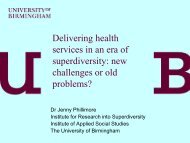
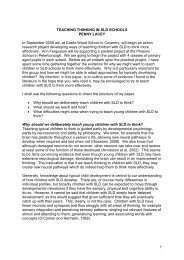
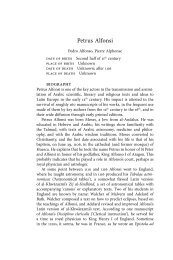
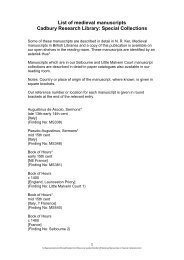
![Benyamin Asadipour-Farsani [EngD Conference abstract]](https://img.yumpu.com/51622940/1/184x260/benyamin-asadipour-farsani-engd-conference-abstract.jpg?quality=85)

